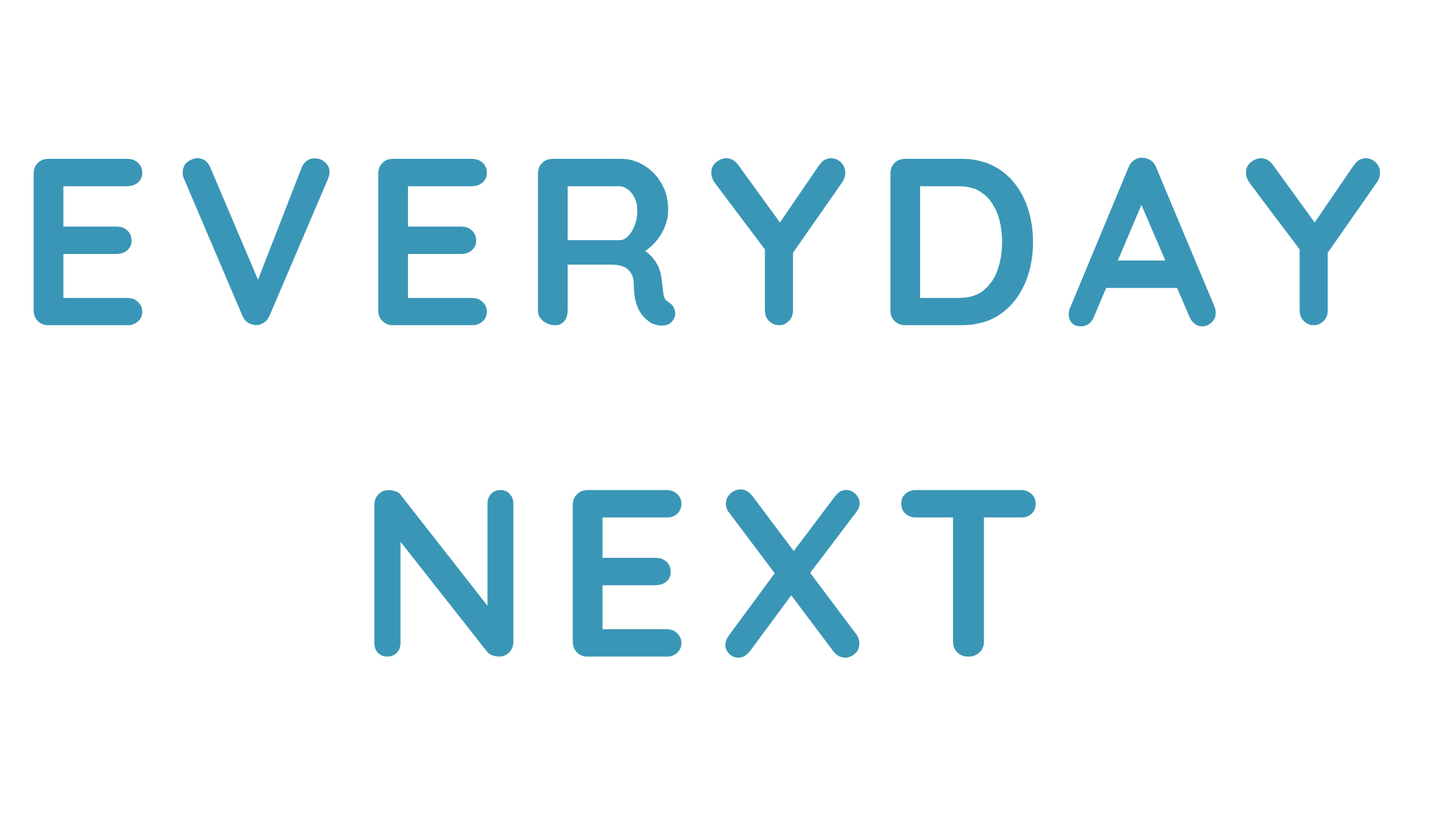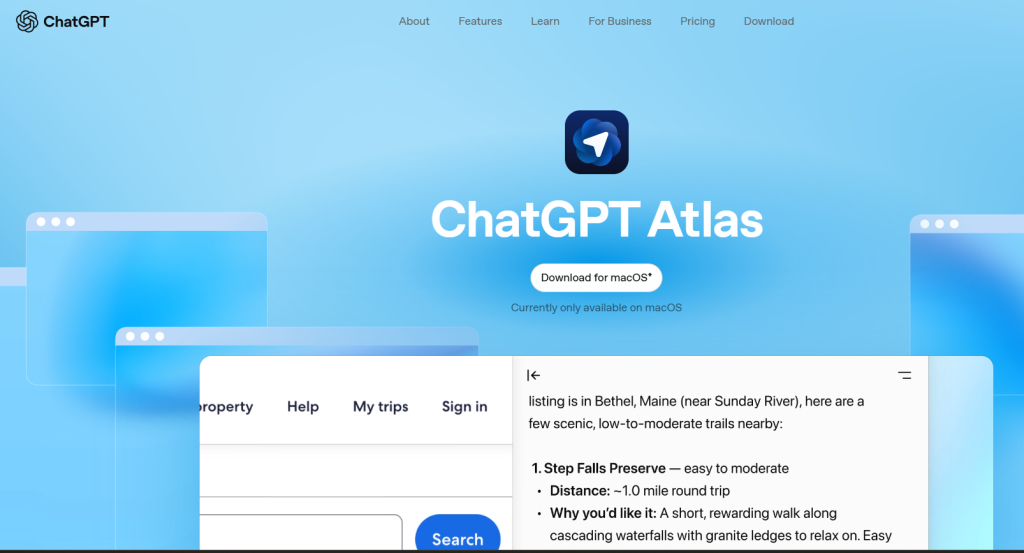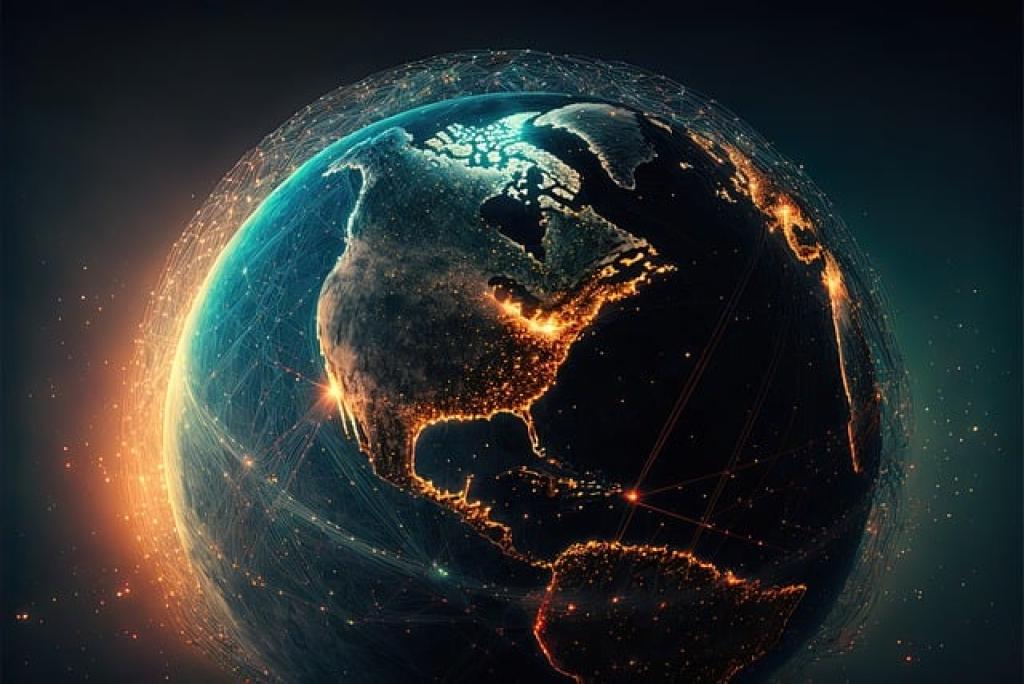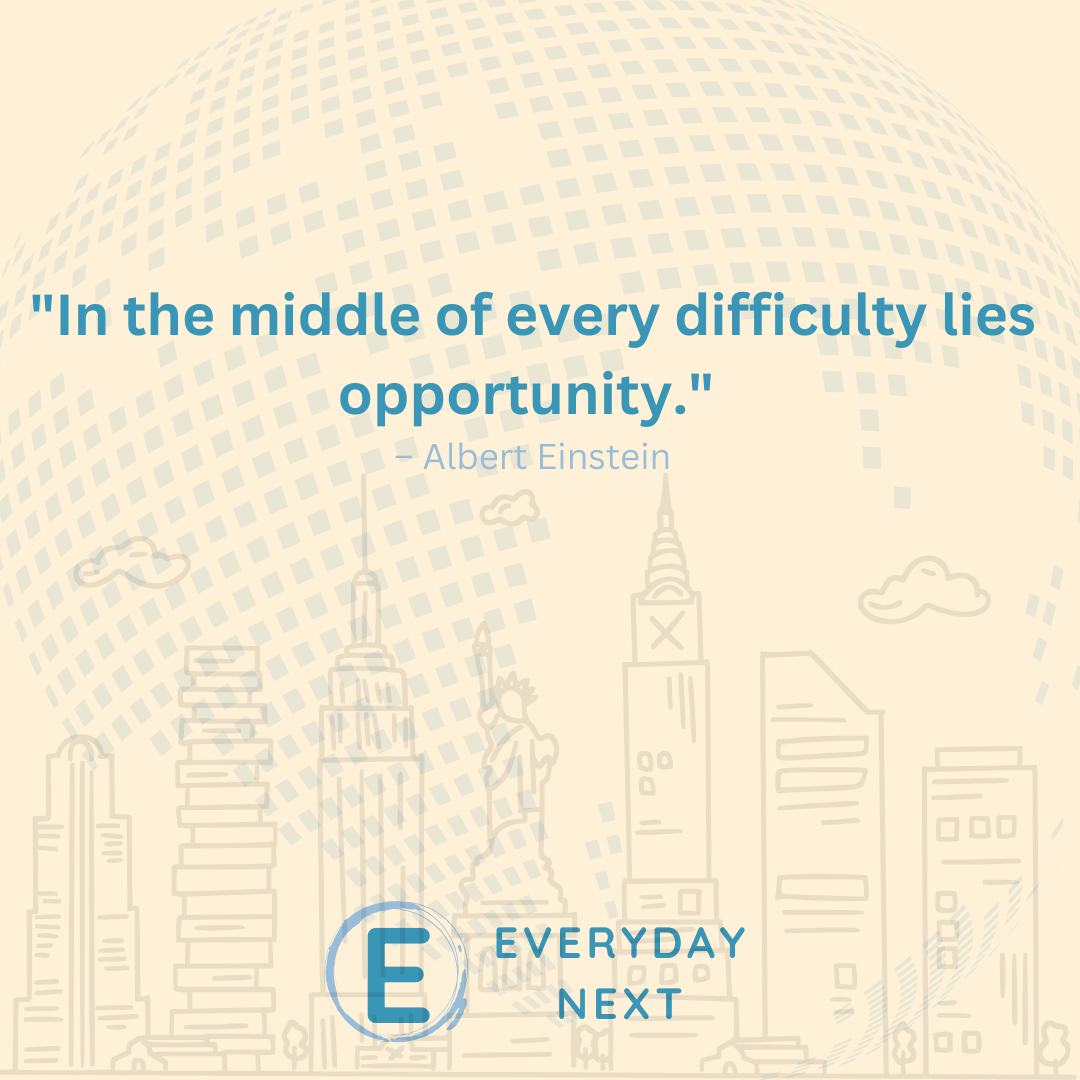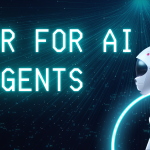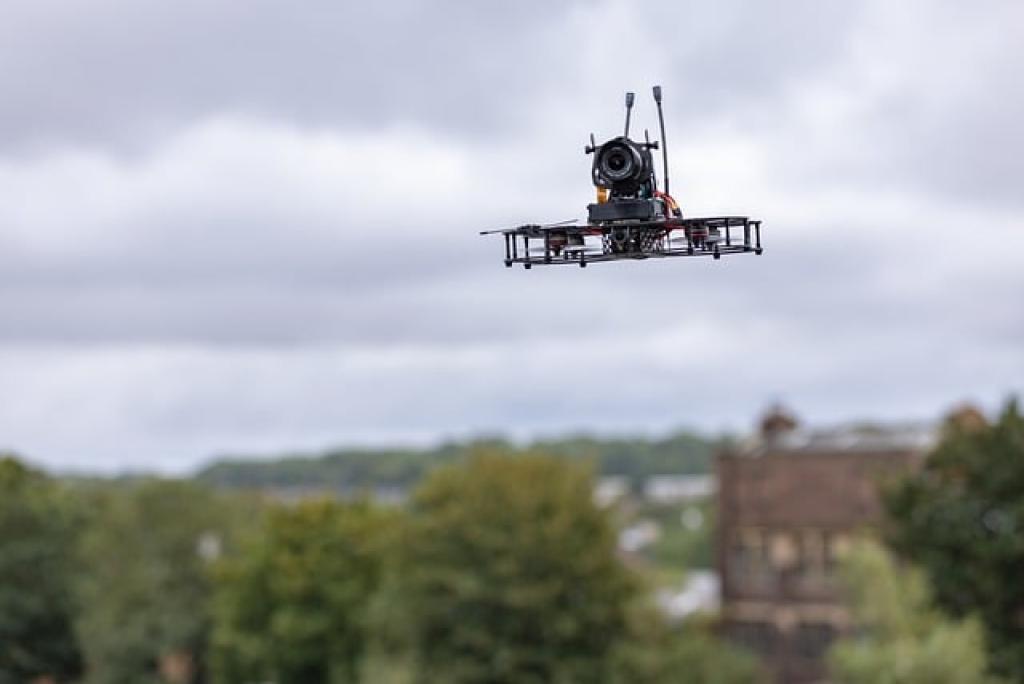
Forecasting the Top Tech Trends of 2025: A Comprehensive Analysis
Have you ever wondered what the future holds in the realm of technology, that ever-evolving beast that’s reshaping our world? As we edge closer to 2025, the landscape is sizzling with innovation, and it’s about to get even hotter!
From AI breakthroughs that feel almost like magic to hardware leaps that boggle the mind, understanding the tech trends of tomorrow can seem like peering into a crystal ball.
But worry not! This comprehensive analysis will peel back the layers of ambiguity, diving deep into the emerging trends predicted to dominate our tech-driven lives in 2025.
Expect an eye-opening journey through the latest buzz in AI, the potential unseen treasures of quantum computing, and exciting new horizons in green technology. So, buckle up and let’s embark on this thrilling adventure into the technological future that awaits us all!
Key Innovations Transforming Tech Landscape
Now, let’s delve into the marvels that are set to redefine the tech scene as we know it. Imagine living in a world where AI isn’t just smart, but intuitive, understanding our needs almost before we do. This wave of machine learning, fueled by neural networks, is pushing boundaries like never before, making strides in healthcare, automotive, and even our day-to-day personal tasks.
The internet of things (IoT) is another game-changer, weaving into every part of our lives. Picture your fridge suggesting recipes based on what’s inside while your thermostat learns your preferred temp settings. IoT is bridging the gap between convenience and necessity, creating smart homes and smarter cities.
And let’s not forget the surge of quantum computing. It promises speed and power that make today’s computers look like quaint antiques. While still in its infancy, the possibilities are vast, revolutionizing industries with complex calculations and logistical challenges.
Last but not least, sustainability is no longer optional in tech innovation. From eco-friendly manufacturing processes to energy-efficient devices, the push towards green tech is not only about preserving our planet but also enhancing our lifestyle in harmony with nature. The future is not just bright; it’s green!
AI Advancements Redefining Industries
AI is at the heart of transforming industries, offering tools and solutions that were once pure science fiction. In healthcare, AI is a groundbreaking force, aiding in diagnostics and personalizing treatment plans, which means doctors have more time to focus on patient care rather than paperwork.
When it comes to finance, AI is rewriting the rulebook. It’s crunching numbers faster than ever, flagging suspicious activities in real-time, and providing financial advice that’s tailored to individual needs. It’s like having a financial advisor in your pocket, ready to guide you through the complexities of the market.
In retail, AI is revolutionizing the shopping experience with personalized recommendations and streamlined services. It’s like having a personal shopper who knows exactly what you need before you even realize it. Plus, it’s transforming supply chains to be more efficient, ensuring that what you love is always in stock.
Manufacturing is also getting a facelift with AI technologies enhancing production lines, reducing errors, and boosting productivity. It’s not just about making things quicker; it’s about making them smarter. AI’s touch is everywhere, ensuring that efficiency meets innovation at every corner.
Impact of Internet of Things (IoT) on Everyday Life
The Internet of Things (IoT) is weaving its way into our daily routines, quietly elevating how we interact with the world. Imagine waking up to a home that prepares itself for your day. Your coffee brews automatically, the lights adjust to a gentle morning glow, and the thermostat sets the perfect temperature—all syncing seamlessly through IoT.
Smarter Homes, Happier Lives
Beyond convenience, IoT boosts security with smart locks and cameras that offer peace of mind, all from your smartphone. Whether you’re at work or on vacation, keeping an eye on your home has never been easier. It’s like having a personal security team around the clock.
Our health routines are becoming smarter too. With wearable devices tracking everything from steps to sleep patterns, IoT helps us stay informed about our wellness. These insights encourage healthier lifestyle choices and ensure we’re on top of our game, without needing a personal trainer in sight.
IoT is also revolutionizing our cities. Smart traffic lights reduce congestion, and connected public services make life smoother for everyone. It’s about creating environments that evolve with citizens, making urban life more livable and dynamic than ever before.
Blockchain Disruption: Beyond Cryptocurrencies
When most of us think about blockchain, cryptocurrencies immediately spring to mind. But here’s the thing—blockchain is doing so much more than just shaking up the financial world!
Revolutionizing Supply Chains
One of the exciting areas where blockchain is making waves is in supply chain management. By creating a transparent and tamper-proof record, blockchain ensures the integrity and traceability of products from start to finish. Ever worried about where that coffee bean came from? Now you can trace its journey right to your morning cup.
And let’s talk about security. Blockchain is enhancing data protection like never before. With its decentralized nature, it’s like having a digital fortress that keeps information safe from prying eyes. This means improved security for personal data and critical systems, making cyber breaches a thing of the past.
Innovations in digital identity are also on the rise. Blockchain is powering solutions that give us control over our identities, putting privacy back into our hands. Imagine managing your own digital identity without relying on third-party services—we’re getting closer to this reality every day. Blockchain is much more than a buzzword; it’s transforming how we live and interact in remarkable ways.
Quantum Computing: The Next Frontier of Computing Power
Quantum computing is often described as the next big thing in tech, and for good reason. Unlike classical computers that use bits, quantum computers use qubits. This enables them to process unimaginable amounts of data at lightning speed.
Unleashing Unprecedented Processing Power
Think about solving problems that would take today’s supercomputers years, or even centuries, to crack. Quantum computing has the potential to tackle these in just seconds! It’s like upgrading from a bicycle to a spaceship in terms of speed and capability.
These powerful machines could revolutionize areas like drug discovery, weather forecasting, and even encryption. Imagine medications being developed faster, more accurate climate predictions, and unbreakable codes that secure our digital world.
But it’s not all smooth sailing. Quantum computing faces its own set of challenges, like maintaining qubit stability, which researchers are working tirelessly to overcome. The progress is promising, and we can already see glimpses of how this tech could redefine our future.
Emerging Trends in Augmented Reality and Virtual Reality
Augmented Reality (AR) and Virtual Reality (VR) are no longer just buzzwords; they’re transforming how we interact with the world. From gaming to education, these technologies are opening new, exciting doors.
Growing Presence in Everyday Life
Imagine trying on clothes without ever stepping into a store or walking through ancient ruins without leaving your living room. AR allows this and more by overlaying digital information on your real-world environment. It’s making everyday experiences richer and more interactive.
On the other hand, VR immerses you completely in a digital experience, transporting you to places you’ve only dreamed of. Whether you’re training for a surgery or exploring a new city halfway across the globe, VR is making experiences that were once impossible, entirely feasible.
As AR and VR devices become more affordable and mainstream, we’re likely to see a surge in creative applications. From virtual travel experiences to personalized education programs, the possibilities are as endless as our imaginations!
Regulatory Challenges and Ethical Considerations in Tech Evolution
As technology races forward, it sometimes feels like the laws and regulations are sprinting to catch up. This creates a complex playground where tech innovation and regulation must harmonize to ensure safety, fairness, and privacy.
Balancing Innovation and Privacy
One of the biggest hurdles lies in safeguarding privacy. With the surge of personal data circulating online, the risk of breaches, misuse, and abuse grows. It’s crucial to find a balance between innovation and protecting personal information. Striking this balance will require cooperation between tech companies, governments, and, most importantly, society.
Additionally, ethical considerations mustn’t be overlooked. Questions about what is morally acceptable or beneficial for society are becoming more pressing. Consider, for example, the use of AI in decision-making processes—how do we ensure these systems are free from bias and discrimination?
Fostering global dialogue about these challenges is essential. As we navigate through this digital era, transparency and responsible innovation should be at the forefront. It’s about creating a tech landscape that not only wows us with its capabilities but also aligns with our values.
The Bottom Line: Forecasting the Tech Trends of 2025
As we look toward 2025, there’s no denying that technology will continue to shape our world in amazing ways. While it’s exciting to imagine a future filled with innovative gadgets and systems that make life easier, it’s equally important to tread carefully, acknowledging the regulatory and ethical challenges that accompany this rapid evolution.
One major expectation for the next few years is the increased integration of AI and machine learning into everyday applications. From smart homes to personalized healthcare, AI could become a cornerstone of daily life, boosting convenience and efficiency. However, with these advancements, we need to prioritize transparency and fairness to ensure technology benefits everyone and not just a select few.
At the same time, the push for sustainable technology solutions will likely intensify. As environmental concerns loom larger than ever, tech companies are responding by developing greener products and processes. This trend is not just necessary but could also prove to be a catalyst for inventive business models and job opportunities.
Furthermore, the digital divide remains a significant concern. For tech to truly be transformative, access and affordability need to be addressed, making sure that technological advancements do not widen the gap but instead bring us closer together.
In summary, while the tech trends leading up to 2025 hold great promise, they also come with responsibilities. Embracing the potential while addressing the ethical and regulatory hurdles will be key to shaping a future that is not only technologically advanced but also inclusive and responsible. It’s an exciting journey ahead—one that invites us to dream big and act with intention.
